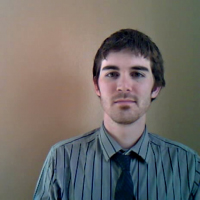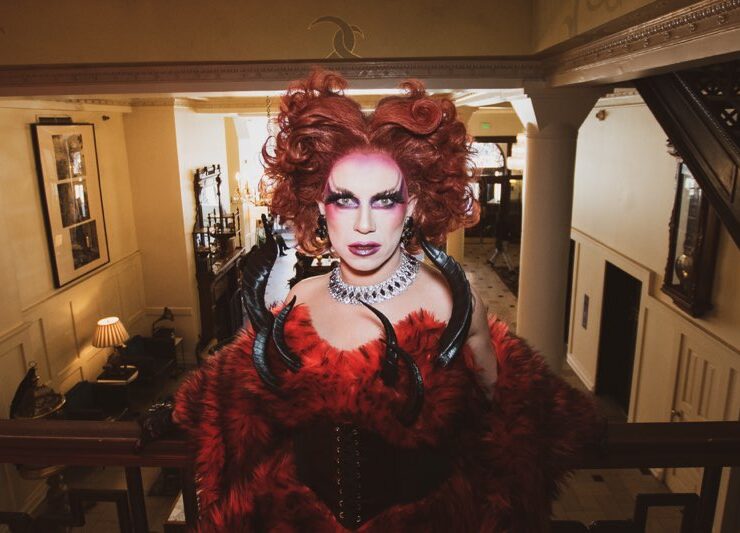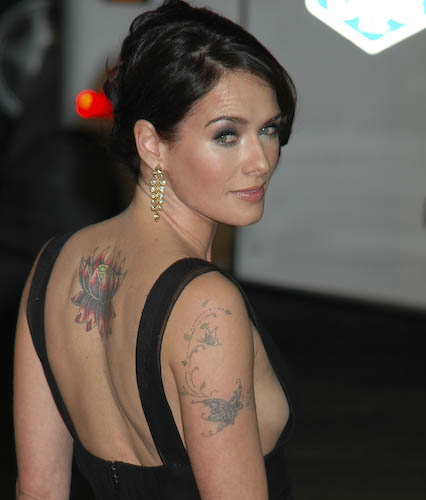From the Editor: The identities we choose

Matthew Pizzuti Out Front Colorado's former managing editor.
Saying “I’m gay” or “I’m a lesbian” is really hardly saying anything about yourself at all. It could mean you still live more or less “traditionally” – your partner’s gender the only thing distinguishing you from any straight person – or you could be saying that you wholeheartedly embrace the LGBT movement and any of the many sub-cultures, communities and lifestyles within it.
Coming out and joining the community, it turns out, is only the beginning of the process of becoming who we are. We can dial down further as a “twink” or “bear” or “butch” or “fem,” identifying ourselves with those with whom we have the very most in common, or we can resist all sub-categorization. We can straddle a fence, maintaining a professional, buttoned-up personality during the workweek and a completely different social persona on the weekends. Or we can evolve through different understandings of our place in the LGBT community as we mature.
No part of the community – no gender presentation, subculture, scene or style – is better or worse than any other, nor is there any wrong way to be a lesbian, gay man, bisexual or trans. Still, we all wrestle with doubts about the “right” way to be LGBT. There’s a fear we sometimes have – a fear that can take a long time to sort out – that somebody is taking the whole gay thing “too far” and looking too much like a “stereotype.”
It can become a tense and conflicted relationship. We want to say, “just because I’m attracted to the same sex” or “just because I’m trans” … “doesn’t mean I talk differently, dress differently or act differently than any straight person.”
And that’s completely true. But it’s also true that you can be different if you want to be. Gurl, if you wanna, you can be as queer as a three-dollar-bill – nobody should be making you feel otherwise.
There’s an impulse, in our individualistic American values system, to form our identities through resisting “categories” – we also sometimes call them “boxes” and they have a negative connotation in our culture. To the categories we embrace as our own, we don’t see them as “boxes” as all – they are useful, flexible sub-communities or terms helping us find our kindred spirits. To the categories we reject for whatever reason, we tend to see them as inauthentic labels, imposed on or suffered by those who still haven’t discovered themselves enough to move beyond.
For gay men that can sometimes mean trying to extinguish anything resembling an effeminate quality in ourselves, to “man up” or “act less gay,” because maybe we think it’ll make us more sexually attractive to other gay men, or more acceptable to mainstream society. (Others say there’s pressure in the opposite direction.) For lesbians, it’s sometimes thinking there’s a need to be ‘butch’ because we can’t envision a relationship between two women who are both feminine, or else sometimes a wrinkled nose or taking offense by the idea of being butch, seeing negative connotations.
This issue’s cover story – Butch – is very much about that tension between self-expression and the idea of being “categorized.” We’re proud to cover a concept we feel is often overlooked in gay media. Some of the women we hear from said they used to think of “butch” as something that lesbians were supposed to be, and had spent time exploring it or gaining the right to move in and out of the identity in different contexts in their lives. Others were concerned about being stereotyped and had evolved in the way they see being called ‘butch.’ And some (among the four women interviewed, these experiences overlapped) embrace the term wholeheartedly.
An empowering identity or a frustrating label can be exactly the same thing – the difference comes down to whether it’s something we chose to use describing who we are, versus something somebody else chose to call us disregarding how we felt about it. The beauty of our diverse community is that we’re usually pretty good at understanding how that works, and with maturity move toward accepting and respecting each other’s differences as valuable and authentic. This is us at our best – cuz honey, you can be exactly who you want to be.
What's Your Reaction?
Matthew Pizzuti Out Front Colorado's former managing editor.









